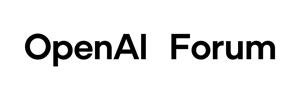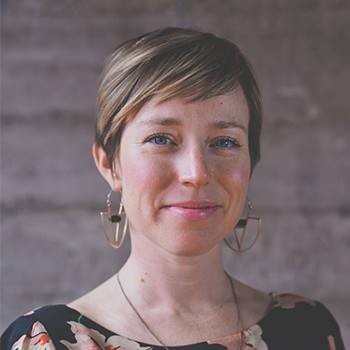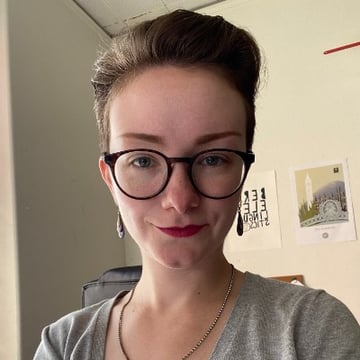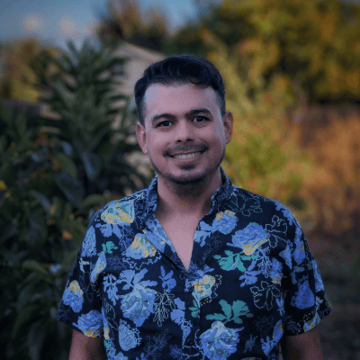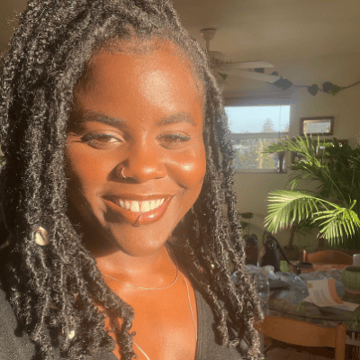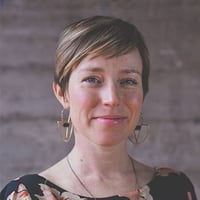
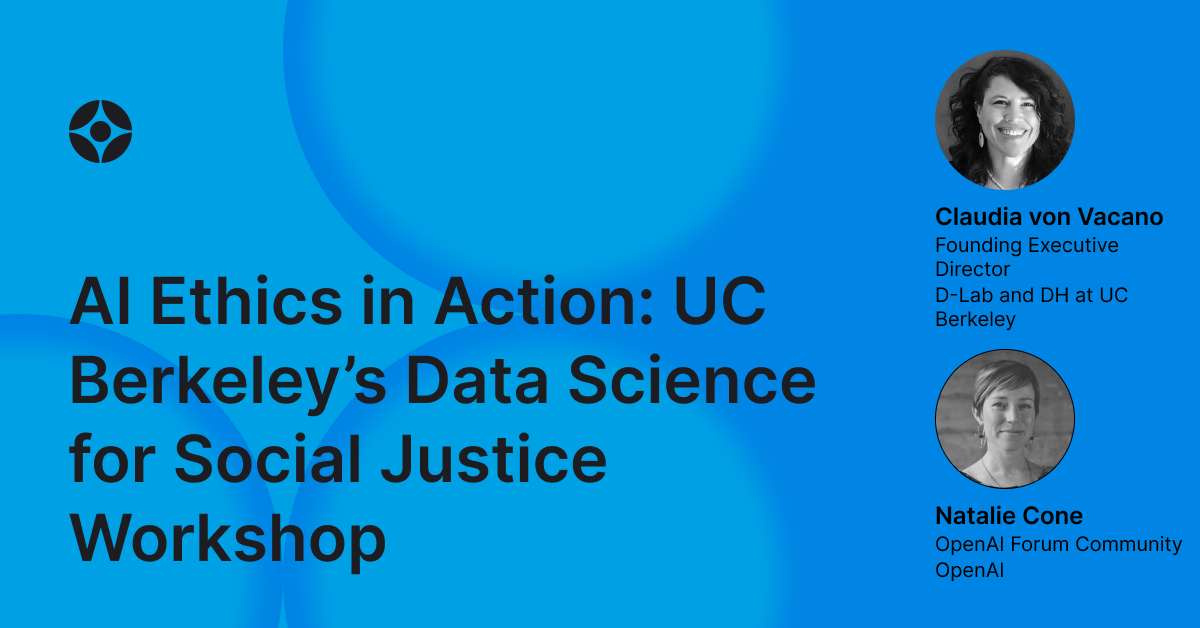
Virtual Event: AI Ethics in Action: UC Berkeley’s Data Science for Social Justice Workshop
Event Summary:
The Data Science for Social Justice Workshop (DSSJ), organized in partnership between UC Berkeley’s Graduate Division and D-Lab, is an 8-week program aiming to provide an introduction to data science for graduate students, grounded in critical approaches of data feminism, data activism, ethics, and critical race theory. Attendees receive training in natural language processing and leverage their skills to conduct discourse analysis on social media data in an interdisciplinary project. This workshop, about to conclude its third year, has trained over 75 graduate students across 20 disciplines. These students form a community of interdisciplinary scholar-activists who uphold a values-driven approach to data science and machine learning.
In this event, Claudia von Vacano, Ph.D., Executive Director of D-Lab, introduces the Data Science for Social Justice Workshop, highlighting its goals, structure, and outcomes. In 2024, OpenAI donated API credits to the D-Lab to be leveraged by the graduate students in workshop projects. Three students who have participated in the workshop – with diverse and rich personal and academic backgrounds – present lightning talks on their experience with DSSJ, highlighting their personal journeys, the projects they worked on, and what they gained from the workshop. The event will conclude with a Q&A and discussion on how workshops like DSSJ present novel opportunities to train a generation of interdisciplinary, diverse data-driven scientists who center values and social justice at the forefront of their work.
Speakers:
Claudia von Vacano, Ph.D. is the Founding Executive Director and Senior Research Associate of D-Lab and Digital Humanities at Berkeley and is on the boards of the Social Science Matrix and Berkeley Center for New Media. She has worked in policy and educational administration since 2000, and at the UC Office of the President and UC Berkeley since 2008. She received a Master’s degree from Stanford University in Learning, Design, and Technology. Her doctorate is in Policy, Organizations, Measurement, and Evaluation from UC Berkeley. Her expertise is in organizational theory and behavior and in educational and language policy implementation. The Phi Beta Kappa Society, the Andrew W. Mellon Foundation, the Rockefeller Brothers Foundation, and the Thomas J. Watson Foundation, among others, have recognized her scholarly work and service contributions.
Amber Galvano is Data Science Fellow at UC Berkeley's D-Lab and a fourth-year PhD student in Linguistics, with a focus in sociophonetics and phonology. In her research, she is interested in how understudied speech communities (Andalusians, southern Spain; Lobi and Tonko Limba, West Africa) and often-relegated aspects of social identity (sexuality, gender normativity) can inform new approaches to theory and methodology and how we conceptualize the interfaces between linguistic subfields. Amber is also involved in language documentation/revitalization work for the Lobi language and the development of automated phonetic methods, particularly for capturing fricative acoustics and improving annotation efficiency for marginalized languages. At D-Lab, they instruct Python and R workshops and work on data science resources for phonetics students. Amber received their MA in Linguistics from UC Berkeley in 2023.
Deibi is a Ph.D. student in the Department of Environmental Science, Policy, and Management, centering on critical interdisciplinary ecology and multispecies justice. Deibi coined the term "Cryptonocene," an interdisciplinary framework, to study the socio-environmental health impacts of digital transformations like cryptocurrencies and related technologies, such as AI. With over two years of experience as a graduate instructor, Deibi is now a Graduate Student Researcher, NSF Digital Transformation Fellow, and Mentored Research Fellow. Before joining Berkeley, Deibi was the project manager for an interdisciplinary team conducting occupational health and safety research requested by the Washington State Legislature.
Sol is driven by global environmentalism, particularly by understanding how knowledge about the environment is produced, shared, and influences our relationship with it. Her current research focuses on the intersection of sanitation and agriculture by utilizing burned organic waste (biochar) to recover nutrients from human urine and reuse them in agricultural soils. She finds purpose in working on such technologies that are available to the most marginalized. She is additionally pursuing a data science focus by developing models for predicting biochar properties in collaboration with the World Agroforestry Centre in Nairobi, Kenya. In doing so, she is structuring her life and career to provide her with the geographical flexibility to better understand the diversity found in various environmental geographies, before she roots herself. Her overarching objective is to contribute to the social and technical understanding of sanitation and agricultural systems specifically applicable in countries like Kenya and her homeland, Cameroon. Within and outside of her academic pursuits, Sol works to develop a more intimate relationship with bodies, earth and water through rowing, surfing, gardening and co-constructing communal systems that don't feed into imperialism and extractivism. She is actively seeking opportunities to become an environmental educator and works to embody the principles she will embed in her teaching pedagogy. Sol considers herself a servant and is settling on who and how she will serve.
Speakers
Agenda


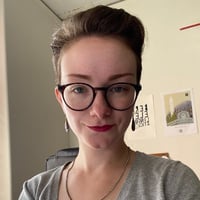
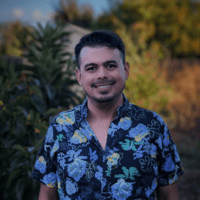
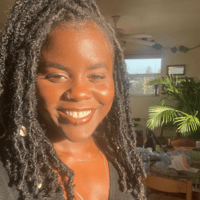
Attendees














